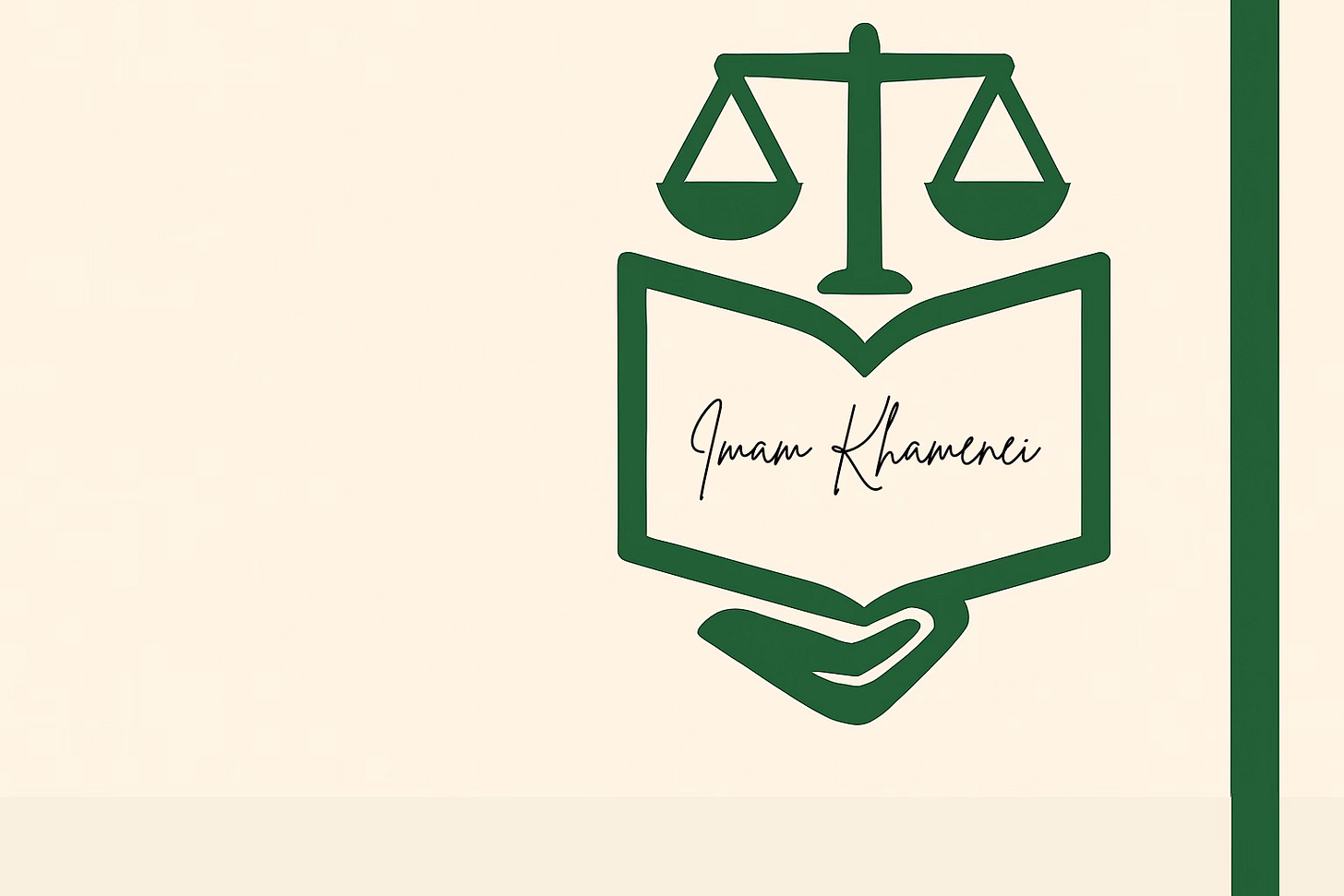Khums: Who Pays Khums on Borrowed Money — the Lender or the Borrower?
Practical Laws of Islam as per the teachings of Imam Khamenei
Khums: Who Pays Khums on Borrowed Money — the Lender or the Borrower?
English:
Question #867:
If a person borrows an amount of money and is not able to pay off the loan before the end of year, should the lender or the borrower pay its khums?
Answer #867:
The borrower does not have to pay khums on loaned money except for its amount which has been settled in instalments from one’s income if at the end of the khums year it is kept untouched or invested in a business. In regard to the lender, if the money loaned was from his annual income prior to paying khums, and he can collect his money from the borrower before the end of his khums year, he has to pay khums on that money at the end of khums year. But if he is unable to collect the money before his khums year ends, he is not to pay khums now. He waits until he receives the money, then he should pay its khums immediately.
-Imam Khamenei, Practical Laws of Islam, Importance and Conditions of Khums


